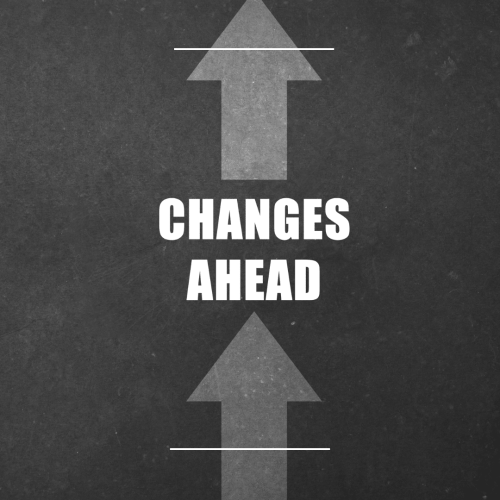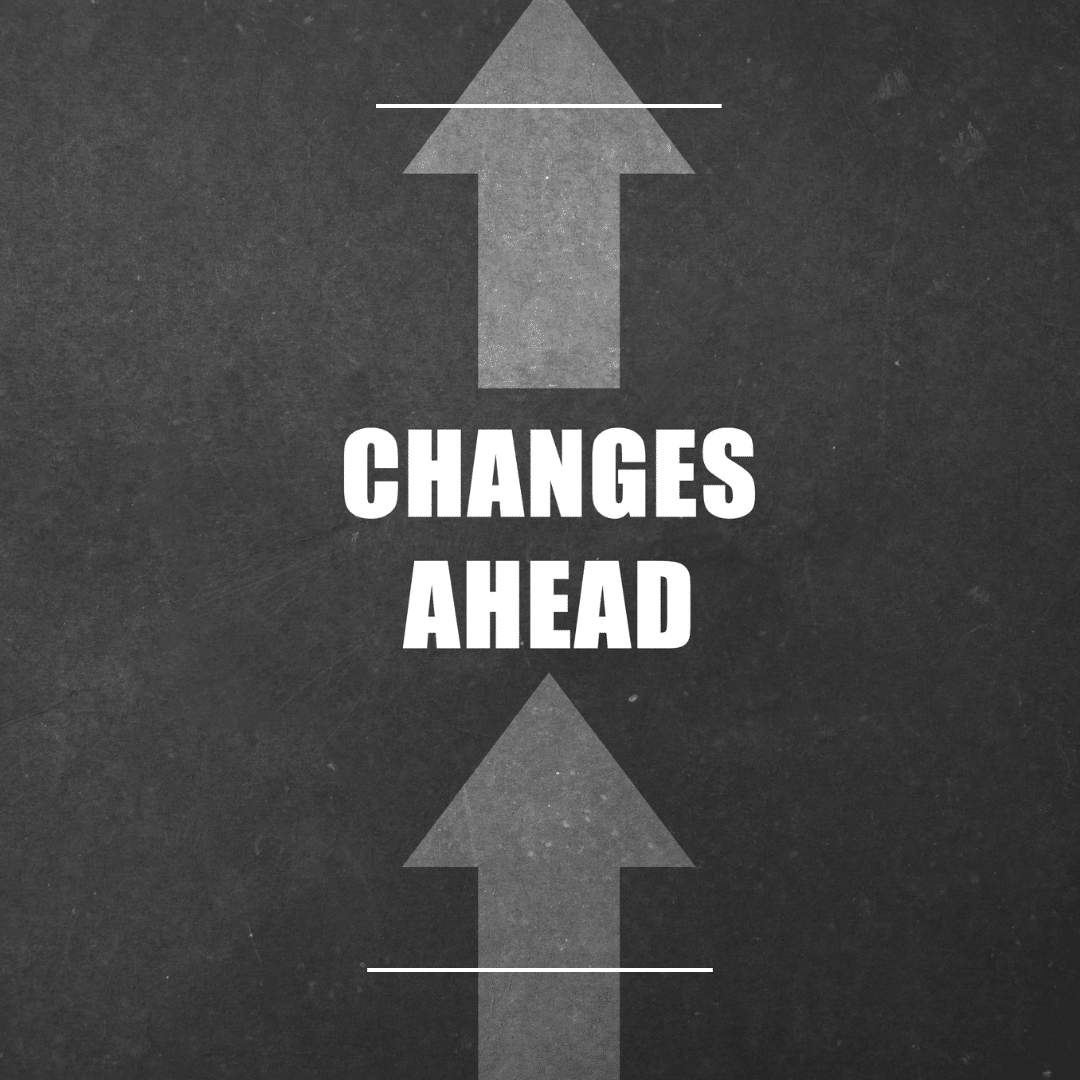
What You Need to Know About Paid Leave and Break Requirements
Starting January 1, 2026, Minnesota employers must comply with new Paid Family and Medical Leave (“PFML”) rules and updated meal and rest break laws. Learn what law changes are ahead and how to prepare with guidance from North Star Law Group.
Minnesota employers are facing two major legal changes taking effect on January 1, 2026, the launch of the PFML program and newly clarified meal and rest break requirements.
Both will significantly impact scheduling, payroll, and HR compliance across industries. Here’s what you need to know now to stay ahead.
Minnesota Paid Family and Medical Leave (“PFML”)
Minnesota’s new PFML program will provide paid time off to eligible employees for major life events, such as personal or family illness, bonding with a new child, or dealing with safety-related situations.
Key Details for Employers
Effective Date: January 1, 2026
- Coverage: Up to 12 weeks of medical leave and 12 weeks of family leave, capped at 20 weeks per year
- Funding: Paid by a 0.88% payroll premium on taxable wages, split between employers and employees
- Payroll Deductions: Begin January 1, 2026
- Required Notices: Employers must post and distribute the official PFML notice from DEED by December 1, 2025
- Private Plans: Employers may apply for a state-approved equivalent private plan that meets or exceeds PFML benefits
Steps Employers Should Take Now
- Update Payroll Systems – Prepare for PFML premium deductions and wage reporting.
- Budget for Contributions – Plan for your share of the 0.88% payroll premium.
- Review Policies – Align current leave policies and handbooks with PFML requirements.
- Coordinate with Other Leave Laws – Ensure PFML integrates smoothly with applicable FMLA, ESST, and PTO programs.
- Communicate Early – Educate employees about what PFML means for them before January 2026.
New Meal and Rest Break Requirements
Minnesota’s current labor laws require “sufficient time” for meals and restroom breaks. Starting January 1, 2026, the state is setting firm, enforceable minimums.
What’s Changing
Employees working six or more consecutive hours must receive:
- A 30-minute unpaid meal break, and
- A 15-minute paid rest break (or enough time to use the nearest restroom).
This shift provides clarity and consistency for both employers and employees, making compliance easier, but it also requires operational planning.
What Employers Should Do
- Review Scheduling Practices – Ensure every shift includes required breaks.
- Update Timekeeping Systems – Differentiate between paid and unpaid break time.
- Train Supervisors – Make sure they understand and enforce the new requirements.
- Audit Operations – Evaluate whether production or service schedules need adjustment to accommodate breaks.
ESST Reminder for 2026 (Small but Important)
Beginning January 1, 2026, Minnesota’s Earned Sick & Safe Time (ESST) law will allow employers to require reasonable documentation after two or more consecutive workdays of ESST use (previously three).
What Employers Should Do
- Update ESST policies and handbooks to reflect the “two consecutive days” documentation threshold effective 2026.
- Train HR and managers on what counts as reasonable documentation and how to request it consistently and lawfully.
- Align with PFML so employees understand when ESST vs. PFML applies and what documentation may be needed for each.
Preparing for January 2026: Your Action Plan
Both the PFML program and the new break requirements start at the same time, so preparation is key. Here’s how employers can stay ahead:
Review and update employee handbooks for PFML and break policy compliance.
Configure payroll systems to handle PFML deductions.
Budget for employer contributions starting in 2026.
Train HR and management on the new requirements.
Communicate early and often with employees about what’s changing.
Final Thoughts
Minnesota’s 2026 employment law updates represent a major expansion of employee protections and benefits. By planning now, before the changes take effect, employers can avoid compliance headaches and maintain a smooth transition.
If your business needs help reviewing policies, updating handbooks, or preparing payroll systems, North Star Law Group can help. Our team advises employers across Minnesota on compliance, contracts, and proactive HR strategy, ensuring your business is ready for what’s ahead.



